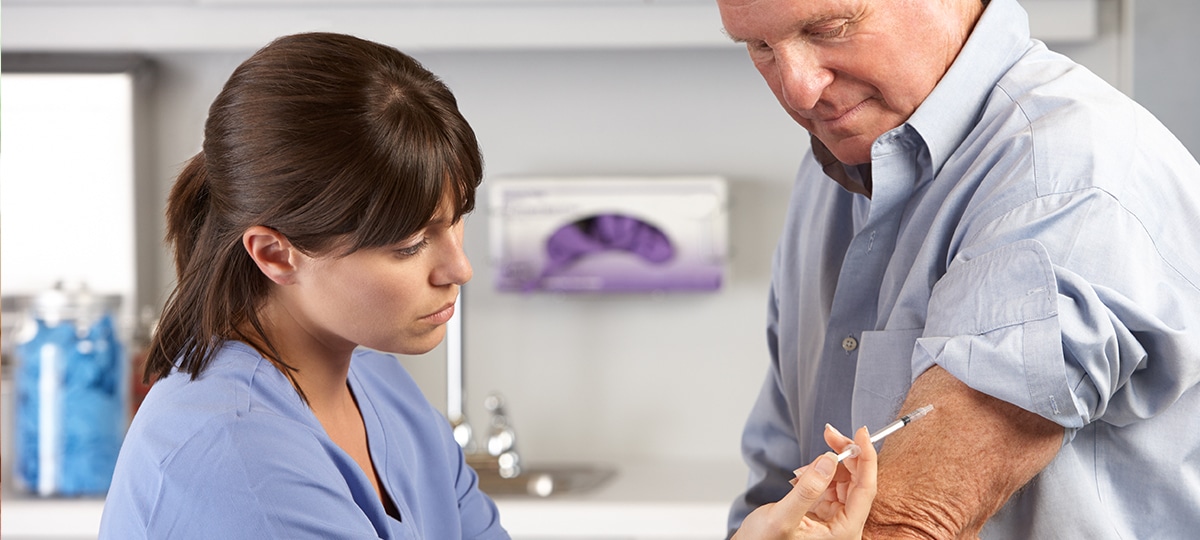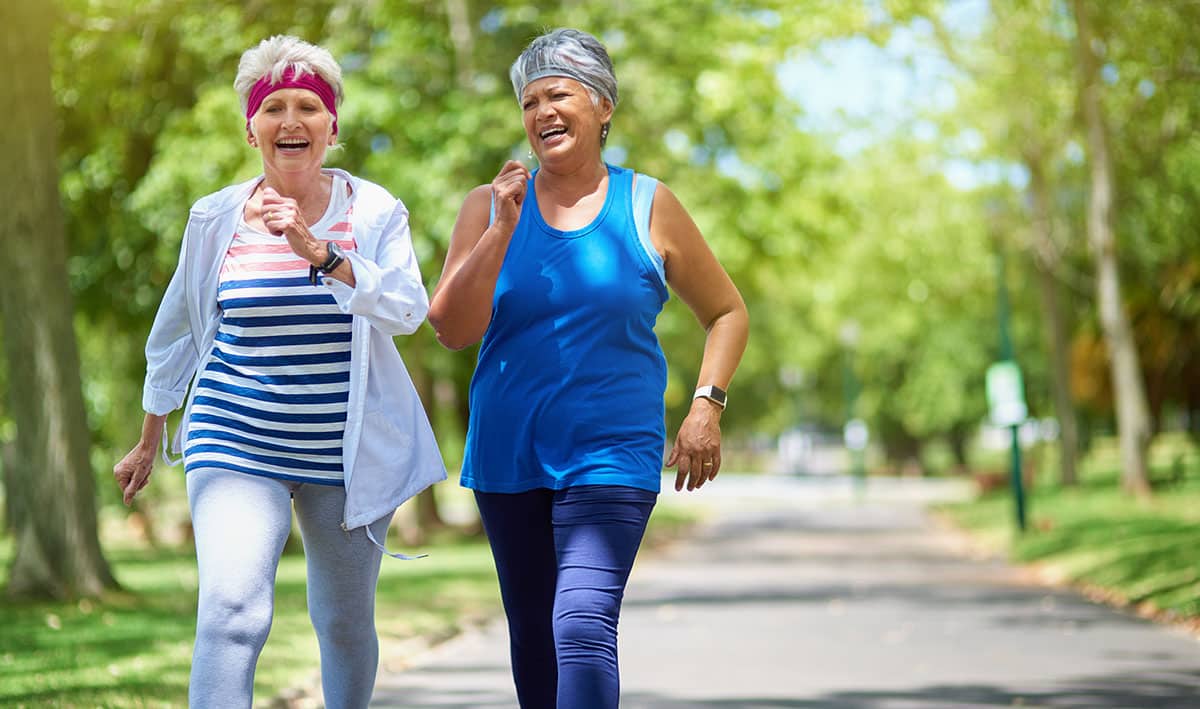It was December 14, 2020, in the Queens borough of New York when critical care nurse Sandra Lindsay, 52, made history as the first person inoculated with the COVID-19 Pfizer-BioNTech vaccine. It was the shot felt around the world and, as the news spread, we all breathed a collective sigh of relief that there might finally be a way out of this horrendous global pandemic.
In the U.S., there are three COVID-19 vaccines available: the Pfizer-BioNTech vaccine, the Moderna vaccine and the Johnson & Johnson/Janssen vaccine; the Pfizer and Moderna vaccines are two-shot doses for primary vaccination, while the Johnson & Johnson is a single-dose vaccine.
Now, many months and several COVID-19 variants later, vaccine booster shots are recommended to protect against breakthrough COVID infections, hospitalization and death.
Following is an informative Q&A with facts gathered straight from respected health experts to answer some of the more commonly asked questions about the COVID-19 vaccine booster shot for seniors.
Who is eligible for a COVID-19 booster shot?
According to recent FDA approvals, recipients of one of the FDA-authorized COVID-19 vaccines can now receive a booster dose of the Moderna COVID-19 Vaccine (half dose), Pfizer-BioNTech COVID-19 Vaccine, or Janssen COVID-19 Vaccine as long as the booster shot is given a minimum of six months after completing primary vaccination and so long as they meet one of the following criteria:
- 65 years and older
- Age 18+ who live in long-care settings
- Age 18+ who have underlying health conditions
- Age 18+ who work or live in high-risk settings
Single-shot COVID-19 booster vaccines help to provide added protection for people ages 65 and older and other at-risk Americans, including seniors, individuals with underlying medical conditions and those who work or live in high-risk settings, such as healthcare and grocery workers.
Does it matter which COVID booster shot I get?
With all the data out there, many seniors are wondering whether they need a COVID-19 vaccine booster shot and, if so, do they get the same one they got before.
As for the primary 2-dose vaccination regimen, the Centers for Disease Control (CDC) recommends “COVID-19 vaccines are not interchangeable. If you received a Pfizer-BioNTech or Moderna COVID-19 vaccine for your first shot, you should get the same product for your second shot.”
As for COVID-19 booster vaccine shots, the guidance was recently updated. On October 20th, the FDA approved the mixing and matching of booster shots for FDA-authorized or approved COVID-19 vaccines. That means, for instance, a Moderna COVID-19 Vaccine recipient that falls within one of the authorized categories for a booster shot may receive a booster dose of either the Moderna COVID-19 Vaccine (which is a half dose of the primary vaccination amount), Pfizer-BioNTech COVID-19 Vaccine, or Janssen COVID-19 Vaccine; in all cases, the recipient must have completed their primary vaccination regimen at least six months prior.
Where do I go for my COVID-19 booster shot?
The good news is — unlike early on in the vaccination scheduling process — the vaccine booster is super easy to get and helps to supercharge the body’s immune response. Check with your primary care physician to see if you’re eligible and schedule your vax appointment – as long as it’s been more than six months since your second dose of either the Pfizer-BioNTech or Moderna vaccine.
Another helpful resource is the government’s Vaccine Finder site. Just enter your zip code, search by vaccine product and schedule an appointment time that’s convenient for you.
Important! Don’t forget to bring your vaccine card with you to be sure the product type and date of your booster shot are recorded properly.
What if I already suffered a breakthrough case of COVID-19 after getting vaccinated? Do I still need a booster shot?
The Wall Street Journal recently reported on emerging data, stating “Several studies suggest that people who have had COVID-19 and were fully vaccinated have strong protection, including against variants and probably don’t need the boost, though the research is preliminary and data is incomplete, according to scientists who specialize in vaccines and immunology.
More is known about people who had COVID-19 and then were vaccinated, scientists said, than those who were vaccinated and had breakthrough infections.”
I was unvaccinated, got COVID-19, and was treated with monoclonal antibodies. Should I still get vaccinated?
According to the CDC, “if you were treated for COVID-19 with monoclonal antibodies or convalescent plasma, you should wait 90 days before getting a COVID-19 vaccine. Talk to your doctor if you are unsure what treatments you received or if you have more questions about getting a COVID-19 vaccine.”
Do COVID-19 booster shots protect against known COVID-19 variants?
Currently, the Delta variant is reported to be the most common strain of COVID-19, which is nearly twice as contagious as earlier variants and more deadly.
The good news: research shows that while COVID-19 vaccines are slightly less effective against the Delta variant, all authorized COVID-19 vaccines (Moderna, Pfizer and J&J) still offer protection against infection, hospitalization and death. What’s more: they also lessen the duration of time that you can spread the virus to others when infected.
How long does COVID-19 vaccine protection last?
According to the CDC, it’s still not known how long protection will last. “Recent studies show that protection against the virus may decrease over time. This reduction in protection has led the CDC to recommend certain groups get a booster shot at least six months after completing their initial vaccination series.”




